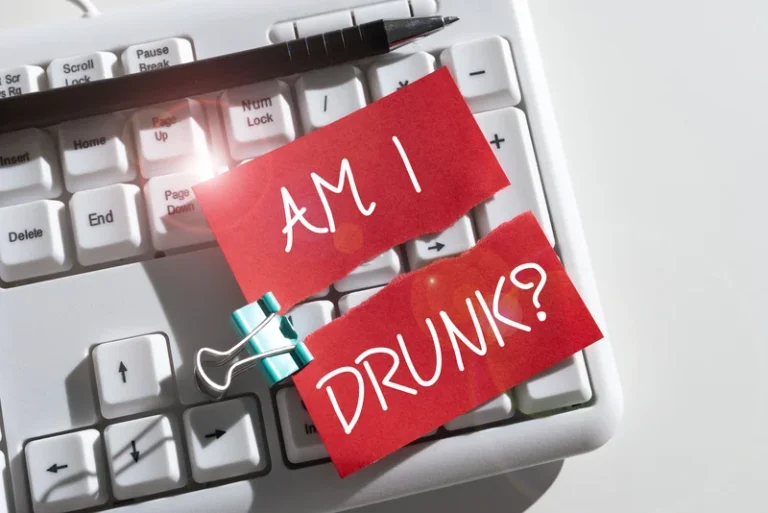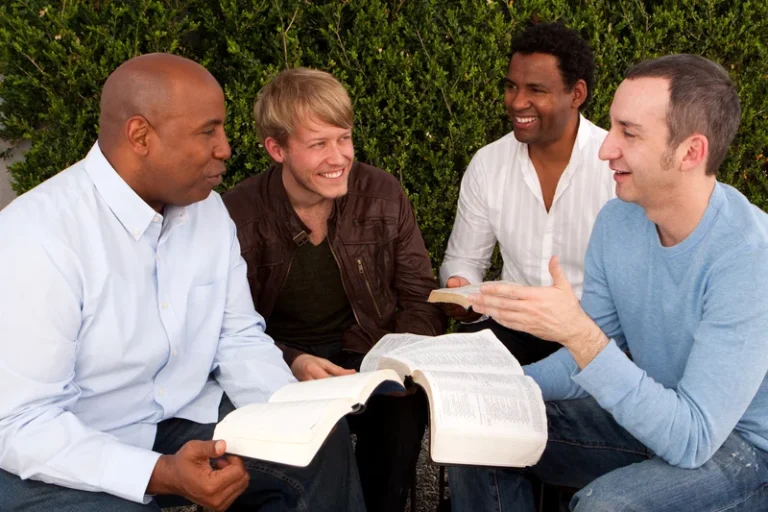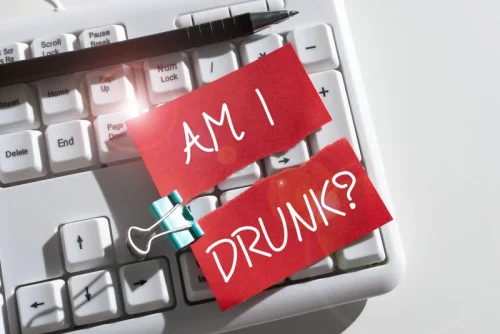Alcohol and anxiety: Panic Attacks After Drinking

First, the complex relationships between wine, beer, and spirit consumption and the prevalence of anxiety have been extensively studied in research studies 14,15,16. While many of these studies have concentrated on different variables, much research has yet to be done on all four variables simultaneously under Granger causality analysis. There is a knowledge lacuna that exists for a comprehensive examination of these associations over an extended period, even despite independent journal articles exploring the impact of alcohol consumption on anxiety under wine, beer, and spirit consumption patterns.
If you’re already hungover, exercising may boost your mood
- Perhaps depression undermines support as many people, when depressed, isolate, thereby reducing contact with social supports (Snowden, 2001).
- The long-term consequences of alcohol abuse can be a variety of health problems, including mental health disorders.
- Factors such as policy shifts, economic crises, or cultural events may introduce nonlinear dynamics into these relationships.
- Cognitive behavioral therapy can also be used to treat co-occurring AUD and MDD, by improving your emotional regulation, changing your cognitive behaviors, and helping you develop personal coping strategies.
Simultaneous treatment for alcohol misuse and a depressive disorder can help you or your loved one take back control of your mental health, physical wellbeing, and overall happiness. If you’re feeling overwhelmed by your anxiety disorder, there are other ways to seek help. If you have a history of anxiety or mental disorders, make sure to share does alcohol make depression worse this with your healthcare provider so you know how alcohol or other substances may affect you differently.

Conditions
Understanding such variations is crucial for developing a nuanced understanding of how these factors interplay. Future research should prioritise the collection and analysis of age- and gender-specific data to provide deeper insights into the demographic dynamics influencing this relationship. Such studies will enable a more tailored approach to addressing public health concerns. In summary, in the North American continent, only the Bahamas and Canada show a bidirectional causal relationship for all three categories of alcohol consumption with anxiety prevalence. Saint Kitts and Nevis and the United States showed no causal relationship between wine, beer, spirit consumption and anxiety. Notably, several of the same countries do not exhibit a unidirectional relationship with anxiety in all three alcohol consumption categories simultaneously.
- Drinking can also cause hangovers, which usually consist of symptoms like nausea, dizziness and headaches.
- For example, a 10-year followup of young men and women who originally had been studied during their mid-teens by Ensminger and colleagues1 showed no close association between preexisting anxiety symptoms and AOD-use patterns in either sex.
- Repeated alcohol use leads to tolerance, where the calming effects of alcohol diminish, prompting individuals to drink more to achieve the same relief.
- CBT can teach you ways to modify your thoughts and behavior to feel better and help you avoid misusing alcohol.
- Fourth, increasing the price of alcoholic beverages through taxation and other pricing policies, reducing the availability of alcoholic beverages and banning the advertising and sale of alcoholic beverages.
Alcohol is not anxiety treatment

Read our review of the best online therapy options to find the right fit for you. It’s often a lifelong commitment, but one that can improve your life, health, and https://ecosoberhouse.com/ well-being in the long term. Naltrexone, Acamprosate, and disulfiram are also FDA-approved medications that can help curb alcohol cravings. “Cells are living beings, and if you want to fix the issue of depression at the level of the cells, they cannot be inebriated,” says Taylor. “Alcohol makes us feel drunk and confused because alcohol makes the cells drunk and nonfunctional.”
Stop drinking if you start to feel bad

S6 Appendix observes the fifty-two high-income countries analysis for anxiety prevalence and spirit consumption from Panel Granger causality under a continental analysis. 1A, Portugal has continuously recorded the frequent prevalence of anxiety among the high-income countries shown, with the rate of increase continuing unabated throughout the years. This suggests that mental health trends vary among these countries, with Portugal needing special attention because of its growing trend of anxiety prevalence and Malta exhibiting strong progress in mental health due to its decreasing trend of anxiety prevalence. The greater consistency observed in other countries may point to consistent reporting and diagnostic standards or well-established and functional mental health infrastructures. marijuana addiction 1B, Portugal is the biggest consumer of wine among the listed countries, despite a notable decline in per capita consumption since 1990 that has stabilised slightly recently. Despite having a lower baseline, Malta has gradually increased in recent years, either because of tourism or shifting local preferences.
When you drink too much, you’re more likely to make bad decisions or act on impulse. As a result, you could drain your bank account, lose a job, or ruin a relationship. When that happens, you’re more likely to feel depressed, particularly if you have a family history of depression. People who are depressed and drink too much have more frequent and severe episodes of depression and are more likely to think about suicide. During therapy, you can learn coping mechanisms that can help you return to life without drinking.
Alcohol’s interference with anxiety treatment is another critical reason why it is not a solution for anxiety. Whether you’re taking medication, undergoing therapy, or both, alcohol can significantly hinder your progress. Feelings of guilt and shame after drinking often worsen anxiety, creating a destructive loop that’s hard to escape. “Hangxiety,” or hangover-induced anxiety, is a physiological and psychological response that occurs after drinking. This phenomenon is particularly distressing because it adds to the already challenging symptoms of a hangover, such as dehydration, fatigue, and headaches. The brain attempts to restore balance by reducing the sensitivity of GABA receptors and increasing excitatory neurotransmitters like glutamate.
Links to NCBI Databases
You might begin drinking more regularly in order to feel better or forget about those unwanted emotions and memories. Maybe you tossed and turned, had bizarre dreams, or woke up with your heart racing. Dopamine produces positive emotions that make you feel good and help reinforce your desire to drink, but alcohol affects your central nervous system in other ways, too. Joining my newly retired friends for dinner over several months, I began to notice happy hour becoming both earlier and more indulgent. Predinner drinks flowed into wine with our meal, followed by after-dinner pours. Discuss these concerns with your doctor first to see if alcohol is safe for you.
Once a person becomes deeply depressed, regardless of the cause, he or she may need to be hospitalized and provided with the appropriate precautions against suicide. These steps should be considered even if the patient’s depressive disorder is a relatively short-lived alcohol-induced state. Practitioners can counteract their patients’ depressive symptoms by providing education and counseling as well as by reassuring the patients of the high likelihood that they will recover from their depressions. Similarly, an alcoholic who experiences repeated panic attacks or other anxiety symptoms requires intervention for the anxiety, regardless of the cause. Alcoholics who experience high levels of anxiety or nervousness, including panic attacks, will likely benefit from education and reassurance as well as from behavioral therapies aimed at increasing levels of relaxation.

Two recent reviews, however, indicate that research does not unanimously support the prior existence of severe depressive or anxiety disorders as a usual cause of alcoholism (Allan 1995; Schuckit and Hesselbrock 1994). Of course, when an alcohol-dependent person complains of severe depressive or anxiety symptoms (which might or might not indicate a long-term disorder), those conditions must be acknowledged and steps must be taken to help decrease them. If the psychiatric symptoms occur, however, as a consequence of the person’s consumption of high doses of alcohol (i.e., the complaints are alcohol induced), then the symptoms are likely to improve fairly quickly with abstinence.


